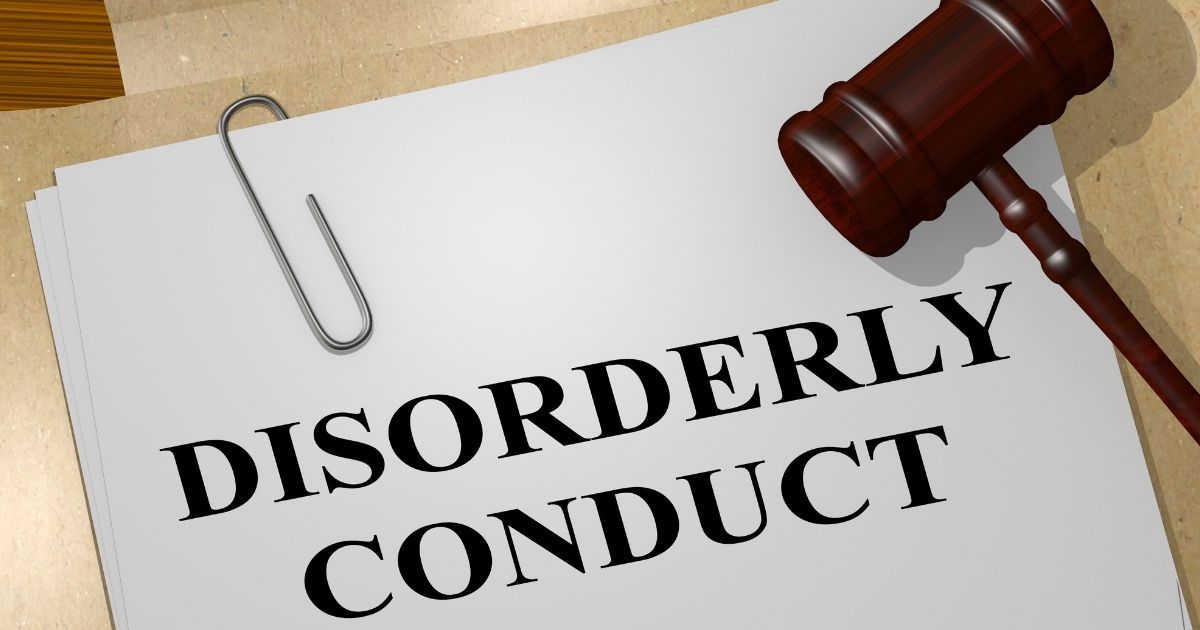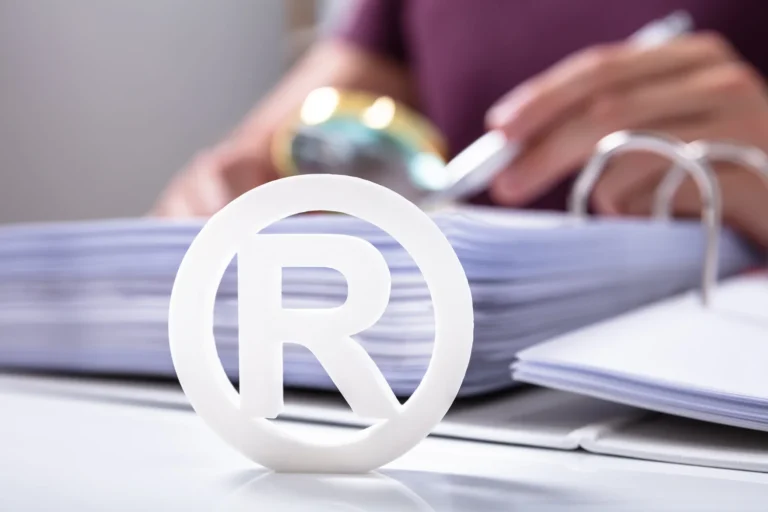What Is Disorderly Conduct?
Disorderly conduct is a crime of violence that refers to a wide range of behaviors. This disorderly behaviour is often shown in a police case. Though disorderly behaviour may seem like a small offence, it can hinder you negatively. If one is accused of any disorderly conduct, one can be detained straight away or detained until the initial hearing. Disorderly conduct is also referred to as public disturbance. The actions that fall under the category of disorderly conduct are:
- Getting involved in fighting and other violent conduct that can develop the threat of active violence or fight
- Abuse of language, as well as any vexing gesture or display intended to incite violence
- Snatching control of the building without any permission
- They decline to vacate the building when they are told to do so by police officials.
- Is the teaching at school disturbing?
- It disturbs the funeral procession and any religious ritual.
As the nature of disorderly conduct is broad, the allegations are dependent on the accusations. The police more often charge both parties in a public argument between two parties, even if one was the aggressor. For a longer period of time, law enforcement does not spend time investigating the facts. If the other person hits you first, you have the freedom of self-defense. You have the freedom of self-expression if you are imprisoned by the police. The various locations and circumstances of the event are the significant factors.
How To Beat A Disorderly Conduct Charge
Participating in any type of sit-in or protest may be regarded as disorderly conduct. If anyone urinates in public, it falls under the category of disorderly behaviour. A drunken public is found to be involved in activities like fighting, swearing, and blocking any entrance. A disorderly charge is levied. You will be charged if you are seen engaged in any of these activities in public.
Charges of disorderly conduct might be challenged. The various factors of your special situation will determine which defense is best. In order to assess your defense options, your attorney will review the accusations and the supporting documents. You might be able to use your constitutionally protected rights if you participated in a protest. In some situations, you might be able to use self-defense. Sometimes the evidence against you will not stand up in court since it is weak or includes errors. After consulting with your attorney, the prosecution may agree to completely drop charges in some instances.












